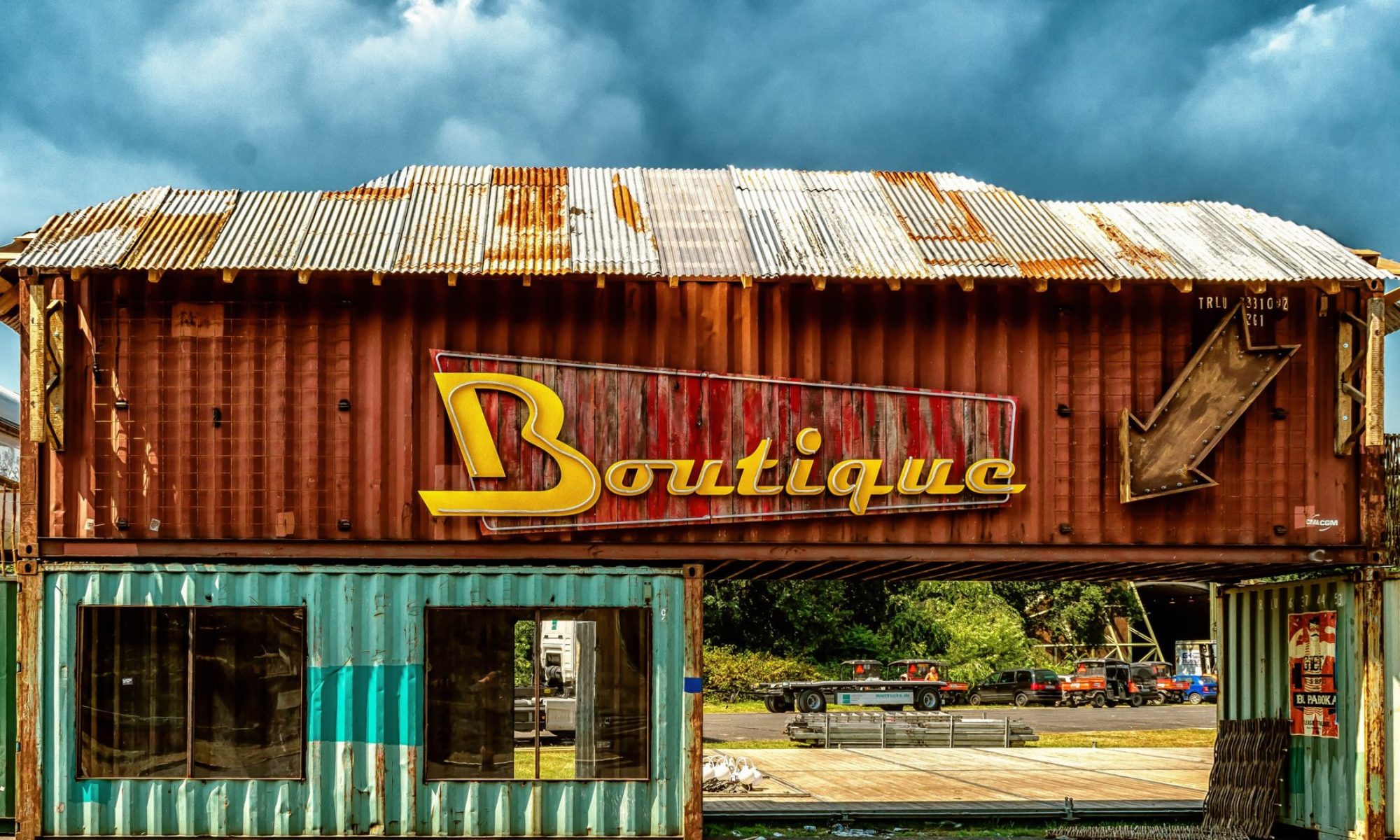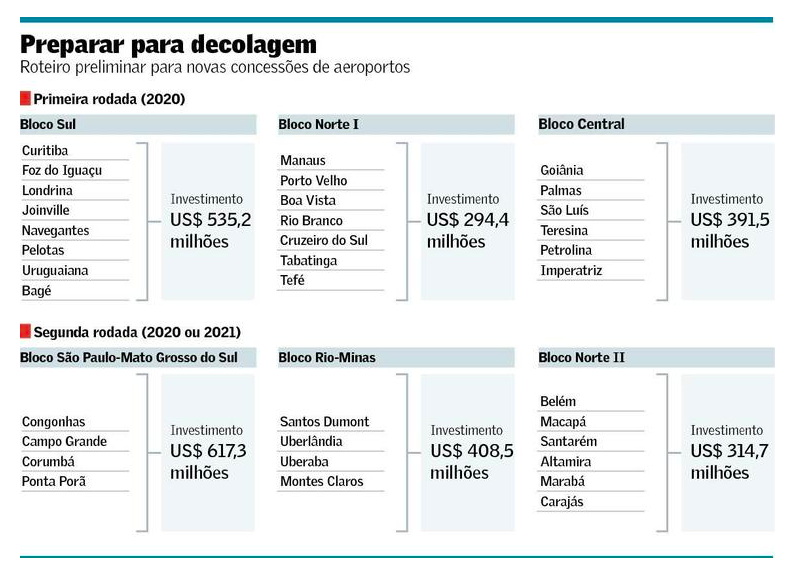The Brazilian airport concession programme took another unexpected turn when a further tranche – this time of 44 airports in six regional blocks – was reported to have been drafted on the orders of recently elected President Jair Bolsonaro.
Many of the most attractive airports, especially so to foreign operators and investors, appear to have gone already, but in this instance both the Santos Dumont Airport in Rio de Janeiro and Congonhas Airport in São Paulo will also be included.
But events in Belo Horizonte, where a secondary airport may be restored to full functionality, contrary to the understanding of the concessionaire on the primary one, threaten to impact negatively on the current and future tranches.
Another Brazilian (small) airport concession procedure by block is announced by the new president.
But this one reintroduces important Rio de Janeiro and São Paulo airports.
Infraero’s days are numbered.
Flughafen Zürich is not happy about the reopening of a rival (Infraero) airport in Belo Horizonte.
No sooner has an announcement been made confirming the fourth tranche of Brazilian airport concessions than the President-elect, Jair Bolsonaro – who takes power on 01-Jan-2019 – is reported to be drafting a project for the concession of six additional regional blocks of airports by 2022, this time encompassing 44 airports. Under a draft schedule plan, three blocks would transfer under concession in 2020.
While the location of the airports is not yet known, a similar problem affecting their disposal applies, and indeed it may even be more acute.
The ripe low hanging fruit has already been picked, and the smaller and more provincial an airport is, the less the interest in it from foreign investors is likely to be. Brazil is running out of attractive anchor airports to be the lead attraction in a ‘block’ of airports, none of which otherwise put through as many as one million passengers annually.
However, there is a twist in this particular tale, in that for the first time Rio de Janeiro’s Santos Dumont Airport and São Paulo’s Congonhas Airport are included.
Both have been slated for inclusion in the concessions programme previously, in the third tranche, together with airports in big cities like Fortaleza and Porto Alegre, but Santos Dumont was to have been bundled with a host of relatively underperforming airports (including Belo Horizonte Pampulha).
The economic decline that has blighted Brazil in recent years cast doubt on the deal, and then the decision was taken to exclude Santos Dumont altogether and leave it with the state operator Infraero – apparently on the grounds that without that asset Infraero would have no profitable ones at all.
A similar set of circumstances applies to Congonhas, which was left off the list entirely for the previous round, partly because of “technical issues” and partly, again, because including it would complicate the financial situation of Infraero. There may have been some political shenanigans as well, involving the previous administration.
The end may be in sight for Infraero
But new brushes sweep clean, and Mr Bolsonaro is doing just that. He seems to have written off Infraero. In a local media interview earlier in Dec-2018 he said he intended to grant the entire network of Brazilian airports to concessionaires within three years (not all of them are owned by Infraero, by any means) and then to “terminate” Infraero.
Both Santos Dumont and Congonhas are regarded as the remaining ‘jewels in the crown’, but after that there simply aren’t any.
Source: CAPA



 El equipo del presidente electo, Jair Bolsonaro, ya cuenta con una hoja de ruta para llevar a cabo las concesiones aeroportuarias. El plan prevé dos nuevas rondas para transferir 44 terminales a la iniciativa privada. Este es el tamaño de la red que seguirá bajo el control de la estatal Infraero tras la próxima subasta del sector, preparada por el actual gobierno.
El equipo del presidente electo, Jair Bolsonaro, ya cuenta con una hoja de ruta para llevar a cabo las concesiones aeroportuarias. El plan prevé dos nuevas rondas para transferir 44 terminales a la iniciativa privada. Este es el tamaño de la red que seguirá bajo el control de la estatal Infraero tras la próxima subasta del sector, preparada por el actual gobierno.